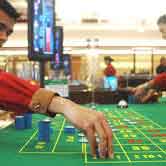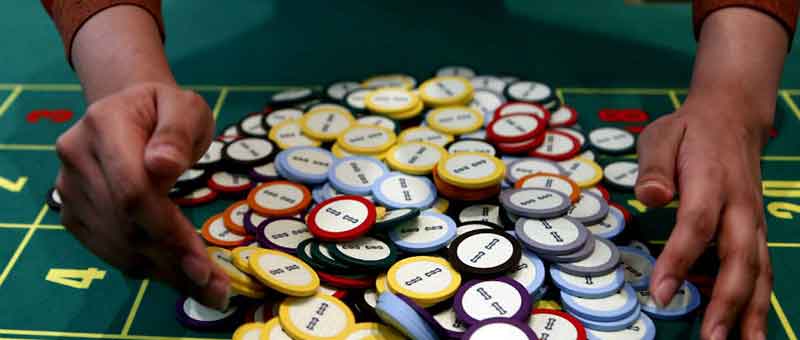The US Department of State reported there are loopholes in Asia casino regulations. As a result, there’s an increase in money laundering risks in the region. Some countries with weak ALM systems include Macau, Philippines, Vietnam, and Malaysia.
Money launderers use offshore centers, gaming companies, and free-trade zones to do their illegal activities. These facilities provide anonymity and convenience to launder money from drug trafficking and other crimes.
The good news is many countries are taking measures to reduce their money laundering risks. For instance, Macau is implementing a stricter licensing process. Also, the Chinese territory is employing more stringent rules on casino junket promoters.
Reducing Money Laundering Risks
 The US Department of State told software sportsbook experts that Vietnam should reconsider its policy of allowing locals to gamble in casinos. Since the country issued its first casino license, there are higher money laundering risks. Most of them come from non-implementation of AML guidelines.
The US Department of State told software sportsbook experts that Vietnam should reconsider its policy of allowing locals to gamble in casinos. Since the country issued its first casino license, there are higher money laundering risks. Most of them come from non-implementation of AML guidelines.
Casino resorts with a minimum capital investment of $2 billion can apply for permission to allow residents to gamble in their premises. The first casino resort to qualify is the Corona Resort and Casino, which opened in January. The other casino resort expected to get the same permission will be the Van Don project developed by Sun Group, according to reports received by sportsbook pay per head.
Also, there’s a concern about high cash thresholds in the Philippines and Macau. International AML regulators find thresholds for single transactions to be too high. Operators in Macau need to report transactions of more than $62,240. However, international standards put the threshold at $3,000.
In the Philippines, the threshold is $100,000. Also, it excludes non-cash transactions. In addition, casinos don’t report transactions made with junket operators. As a result, many individuals exploit loopholes to launder their dirty money in the Philippines. Regulators need to change their rules to strengthen their AML policies.







